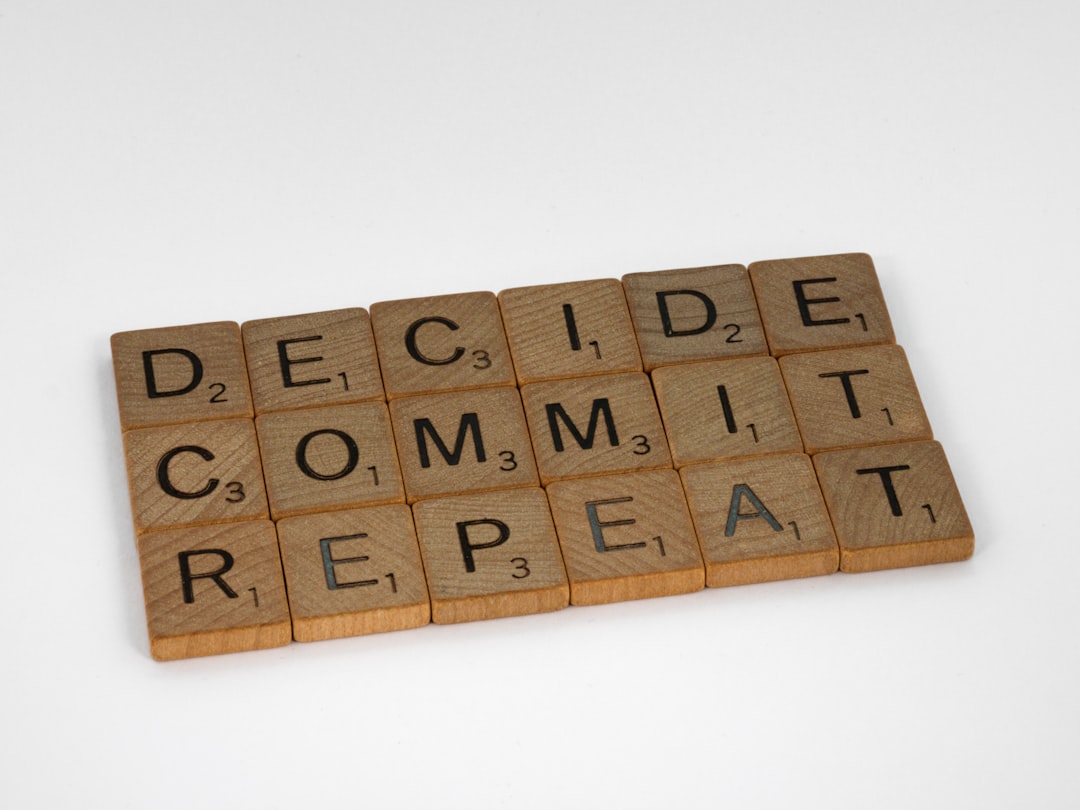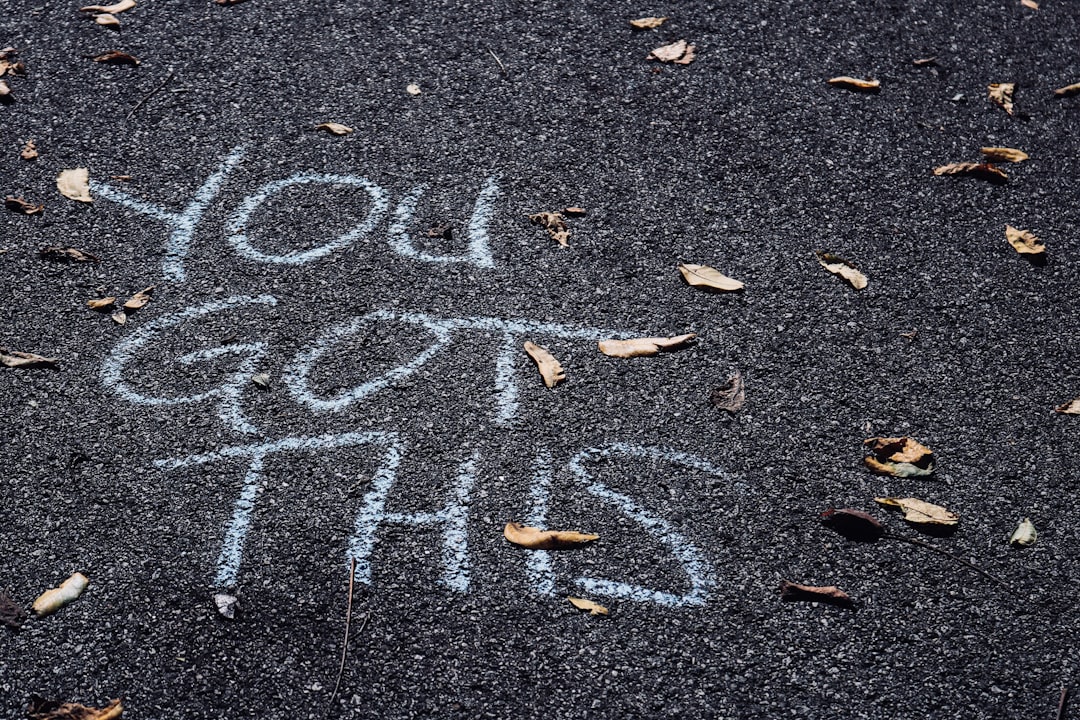How to Do More of What Matters
12 Actionable Tips for People with Impatient Ambition to Make a Dent in the World with Productivity, Focus, Decisiveness, and Confidence
Here’s what I know about you:
You know that you’ve got what it takes to make your biggest goals — the ones that will lead to actually leaving a mark on this world — a reality.
You’re ready to make a big splash and have an even bigger impact.
You’re scrappy, determined to plot your own path without compromising your integrity, so you can live life on your own terms.
You’re on the precipice. And it’s the edge of something spectacular — something that will leave a dent in this world.
And, this: You know this path is the right one. And you’re more than ready to double down, level up, and go pro.
You want more, and you want it yesterday. And, you might be a little...scared. (That’s a good thing.)
Because you didn’t come this far to only come this far.
You’re itching to start doing more of what matters to you. Work that moves the needle. Work that takes you to the next level in your life and your career/business. Work that leaves your mark on this world.
But what you seriously do not need are any more inspirational stories, regurgitated quotes, or motivational mantras. You crave specific, tangible things you can start doing (or stop doing) today to help you go farther, faster.
I get it, and I got you.
Below are my twelve best pieces of advice, boiled down into 4 nifty categories to help you become more productive, decisive, focused, and confident. For people with impatient ambition, like you, who are itching to do more of what matters, go ahead and embrace that impatience and give at least one a shot in the coming week. Try it on. Come back for another. Experiment with each one until you make it yours. (You’ll see what I did there when you get to #3.)

Be More Productive
Here’s how:
1. Wean yourself from motivation.
Motivation is a yummy feeling. I’m a big fan. But it’s also a highly unreliable, fleeting emotion. So relying on motivation to be productive is an awful strategy.
Let’s face it: it doesn’t matter how committed you are to your goals and dreams; sometimes you’re just not going to feel like working toward them. Because you’re human.
But you can take the next obvious step even when you’re completely unmotivated. Taking that step is a choice you can make no matter what. And by choosing to take that next step, however small and incremental it might be, you’ll wean yourself from needing to feel inspired or motivated to get back to it.
Bottom line: Whether you’re all fired up or completely deflated or somewhere in between, practice taking the next obvious step to become more productive.
2. Embrace the life-changing magic of consistent activities.
Want to make real progress? It's all about consistency.
Groundbreaking. I know. But hear me out.
Believe it or not, creating a consistent activities plan is actually a lazy person’s hack for beating procrastination and perfectionism. I recommend my clients commit to a plan of 1-3 repeatable actions each day, each week, each month, and each quarter. These actions do not need to make a massive difference on their own accord, but they should help you move the needle towards what change you want to create in the world. (See how this works well with weaning off motivation as a strategy?)
Even if you are exhausted, and really don’t feel like doing anything, you can follow through with your consistent activities and then you’ve at least done something. And bonus: you don’t have to try to figure out what those things should be every single day. The actions are already set and all you need to do is
Bottom line: Build an attainable, consistent activities plan to achieve incremental progress towards what do you want to make happen.
3. Build the plane while flying it.
I don’t know who originally coined this phrase, but I’ve been saying it so long that it feels synonymous with my work. The only way you’re going to keep up with your impatient ambition is to start before you’re ready and build that plane while you’re flying it.
Perfectionists are terrified of making mistakes, experiencing failure, or a lack of guaranteed outcomes. We (I am including myself in this one) want everything that we put out into the world to shine like the top of the Chrysler building and succeed straight out of the gate. I promise you, if I had figured out how to make that a thing, I would be the richest coach in the world.
Building the plane while flying it is a cutesy, coachy way of saying approach everything as an experiment. By definition, an experiment has a hypothesis, not a guaranteed outcome. You can’t fail at an experiment; you can only learn from it. So make an educated guess at what you think might happen and get your plane into the air as soon as possible.
Bottom line: There’s no such thing as ready, so let go of that fantasy. Choose a direction to point your aircraft and get started.

Be More Decisive
Here’s how:
4. Let go of the fantasy of the "right decision."
There's no such thing as the perfect choice. Because 1) you can’t predict the future, and 2) every decision comes with trade-offs and consequences.
This is fantastic news, people.
You no longer have to participate in the drama and ennui of trying to make the "right" choice. You don’t need to ask dozens of people what they think or map out a big, fancy strategy. There are much healthier and kinder ways to make decisions than to add all this pressure. (More on that shortly.)
Bottom line: It’s impossible to know with certainty what will happen on the other side of any decision, so you can let go of the fantasy of the “right” decision.
5. Choose your decision criteria first.
If you want to be more decisive, stop trying to make decisions out of nothing. And ditch the whole pro/con list thing. Instead, choose your decision criteria first.
Your decision criteria create a filter to put your challenge through, so you can reach a natural conclusion. Ask yourself, what criteria of the goal has to be in place for the thing we are making happen to matter to me? Perhaps it has to be fun, or it has to include your spouse. Maybe your criteria is that it has to make a difference, or it has to generate money. If your decision is between more than one option, you might create possible criteria like what’s easiest, scariest, most exciting, most fun, most professionally or personally satisfying, or simply what’s been waiting for too damn long.
Bottom line: Your decision criteria help you evaluate what is riding on this decision and provides a lens for making your big decision.
6. Ask yourself these two questions regularly.
When it’s time to decide about whether to change direction, far too many well-meaning people advise you to just trust your intuition.
cue: eye roll
When I’m making itching to make a change in my business, or honestly, for absolutely any big decision in my life, I ask myself these two questions:
Is it working?
and;
Do I love it?
These two questions give me a guided gut check to determine whether something’s gotta change. If it’s working, and I love it, I’m doubling down. If it’s not working, and I just don’t love it anymore, it’s time to abandon ship. If it’s a tie with one yes and one no, then it’s time to figure out what I’m going to do about it.
Bottom line: Add these two questions to your back pocket for whenever you start questioning whether you want to keep or stop doing something. Nine times out of ten, these are the only “data” points you’ll need to figure out what to do next.

Be More Focused
Here’s how:
7. Stop “working on” things and cross finish lines.
Whatever you’re working on these days, please stop. In fact, I implore you to take “working on” out of your vocabulary completely.
Inside the Make It Happen Method (the weekly productivity system my wife and I teach), we spend time each week restating our tasks and projects as clear and reasonable finish lines. This is more than just semantics here. Your finish lines punctuate the tangible progress you are making toward your specific goals. And they keep you focused on actually accomplishing things instead of just poking at ideas.
Bottom line: Instead of “working on” things, I want you to have the satisfaction of actually crossing finish lines.
8. Step away from the infocrack.
Have you accidentally become a student of entrepreneurship instead of an actual, y'know, entrepreneur? Well, the answer is simple, even if you don't want to hear it. It's time to step away from the infocrack.
This is the term I use to refer to all the highly addictive programs, masterclasses, webinars, workshops, and memberships that you’ve already invested in and continue to shop for to give you all the answers. I’m not saying these programs are necessarily bad. In fact, many are brilliant! But you know when you are lingering in learning mode for a little too long. Completing Module 3 is nice and all, but without implementing, all it does is give you a false sense of accomplishment.
Bottom line: Do yourself a favor and step away from the infocrack sales pages and webinars. Instead, focus on implementing what you already know you need to do, but have been avoiding. You’ll get farther, faster that way.
9. Keep your eyes on your own paper.
For the love of all that is good and right in this world, I implore you to stop comparing your goals and efforts and jeans size to anybody else.
And I know that’s easier said than done.
Your process, your journey, your approach, your style, your experience are all uniquely yours. And that’s as it should be. To maintain focus on where you are and where you want to go, you’ve got to stop giving so much of your attention to what everyone else is up to. Or, as your high school teachers used to say, you’ve got to keep your eyes on your own paper.
Bottom line: Practice keeping your eyes squarely focused on your own paper. Your aspirations deserve your undivided attention.

Be More Confident
Here’s how:
10. Operate above the bar of resentment.
This probably doesn’t even need explanation, but just in case…
You deserve to live every aspect of your life above the bar of resentment.
In my coaching practice, this concept often comes up when we talk about pricing goods and services. You deserve to be compensated in a way that doesn’t make you feel resentful that you’re earning so little.
This concept applies to far more than just pricing, though. You can claim more confidence by deciding that anything that makes you feel resentful is simply unacceptable. And only you can determine where that bar sits, and that’s as it should be.
Bottom line: Choose to lead a life where you operate above the bar of resentment, no matter what. You deserve nothing less.
11. Eat some ice.
This one totally needs explanation.
Imagine you want to become a great ice skater, but you’ve never skated before. You can watch all the YouTube videos and buy the most expensive infocrack on ice skating in the world. But you can’t become confident at skating this way.
At some point, you’re gonna have to strap on your skates, waddle out onto the ice, and try it out. You have to fall on your ass a few times and eat some ice. After eating some ice and getting back on your feet a few dozen times, you’ll start to feel competent. And after enough practice, you’ll start to actually feel confident.
Most people think they have to build up their confidence first, but that’s completely backwards. No matter what you want to do in this world, you have to take action before you gain any confidence.
Bottom line: If you hope to get confident at anything, at some point you’re going to have to eat some ice. Confidence is earned.
12. Stop puddle jumping.
Yeah, that Coach Jennieism definitely needs to be explained, too.
When you’re about to do something big, something new, something exciting, the path ahead can look like crossing an ocean. It’s fraught with dangers and unknowns, and you can’t even see the other side of this goal. But when you’ve crossed that ocean, achieved that thing, or accomplished that goal, it’s easy to trivialize that same accomplishment. You diminish the impressiveness of your efforts because if you were able to make it happen, it couldn’t have been that big of a deal. So, you describe the entire experience by looking over your shoulder and think, “meh, it was really just hopping over a puddle.”
I call that entire phenomenon puddle jumping. It’s a terrible habit and it’s sacking your confidence.
If you want to enjoy all the confidence you’ve already earned with all that ice you’ve eaten, you’ve got to learn to give yourself credit for how far you’ve come.
Bottom line: Breaking the habit of puddle jumping allows you to enjoy all the confidence you’ve already earned and build on it.
So, there you have it. As I build out this Substack blog in the coming months, I will dig in and expand on all of these pieces of advice in much more depth, providing more actionable tips and strategies for becoming more productive, decisive, focused, and confident.
In the meantime, I invite you to take even just one of these pieces of advice and run with it for a week or two. Kindly let me know how it goes.





